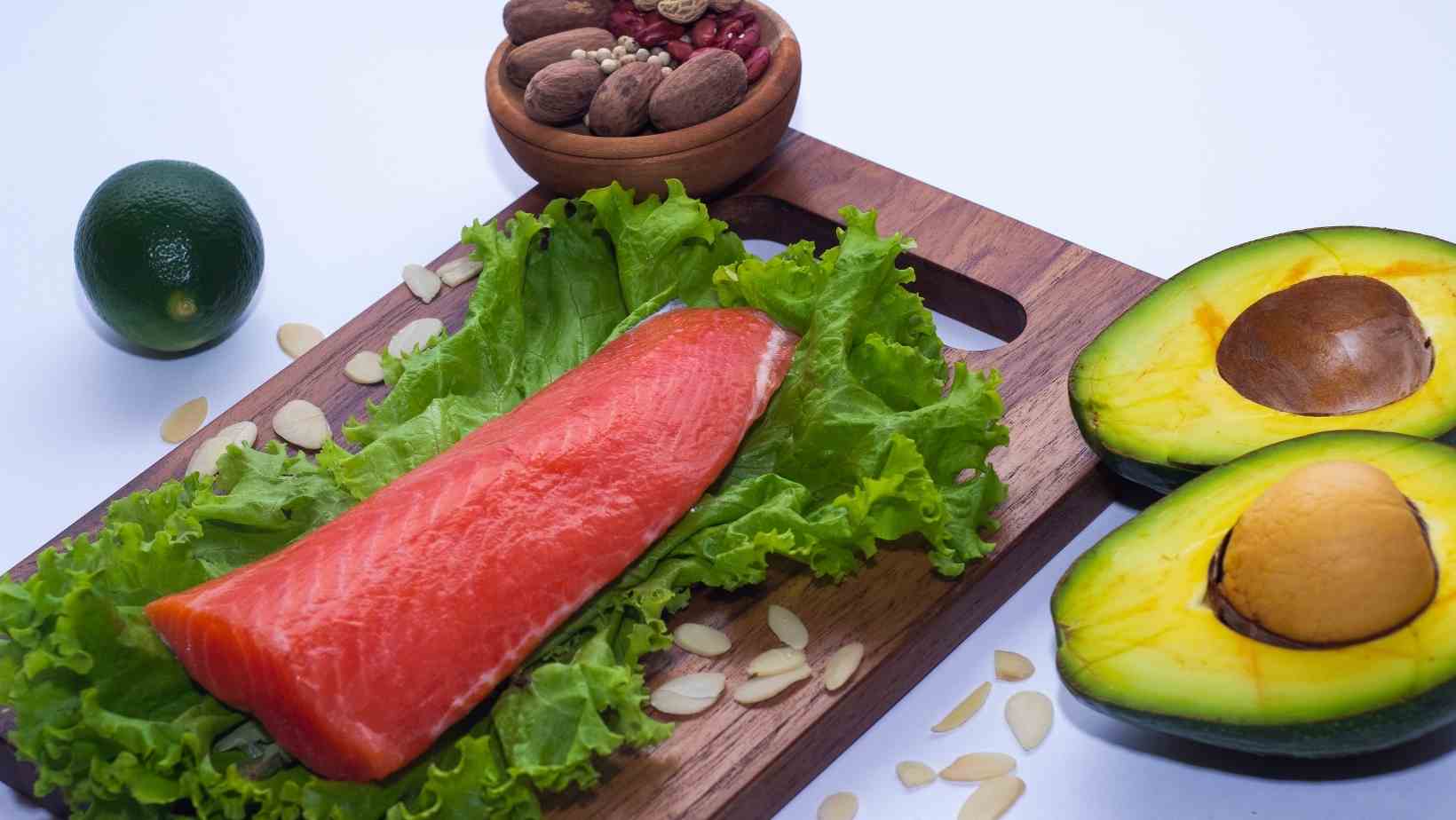The most well-known hormonal condition in women these days is Polycystic Ovary Syndrome (PCOS). PCOS is more likely in women who are overweight, have type 2 diabetes, or have insulin resistance. Many studies also imply that insulin resistance or elevated insulin levels in the body are directly responsible for PCOS.
Many studies, if not all, show that low-carb diets may help people with PCOS (Polycystic Ovary Syndrome). Keto for PCOS has been a hot topic for a long time. Let's divide it down into two parts: what is keto and what is PCOS. And there's a link between PCOS and the ketogenic diet.

PCOS (Polycystic Ovary Syndrome) is a condition that affects women.
PCOS is a hormonal condition characterized by the production of higher quantities of male hormones in women than is normal. Menstrual difficulties and pregnancy are hampered by this rise in masculine hormones.
The most prevalent endocrine illness among women of reproductive age is polycystic ovarian syndrome (PCOS), which affects around 4% of women. One of the most frequent endocrine illnesses that affects hormone levels is PCOS. Those with PCOS create more masculine hormones than women without the condition.
PCOS is an autoimmune illness characterized by an imbalance in the hormones Follicle Stimulating Hormone (FSH) and Luteinizing Hormone (LH) (LH). When LH levels rise over a specific threshold, the body produces more androgens (male hormones) such as testosterone. Increased testosterone levels in the body may cause infertility, menstrual problems, and an increased risk of ovarian cancer. (They are deprived of menstrual cycles due to this hormonal imbalance.) As a consequence, achieving pregnancy becomes more difficult for them).
PCOS Signs and Symptoms
1. Irregular periods, including amenorrhea (the absence of menstruation cycle)
2. Trouble conceiving a child
3. Infertility
4. Weight gain
5. Trouble losing weight
6. Acne
7. Hirsutism
8. Male pattern baldness
9. Thinning hair
10. Fatigue
11. Mood swings
12. Low sex drive
There are four basic categories used to determine what kind of PCOS you have based on the symptoms you have:
- Infrequent periods, increased male hormone release, and numerous cystic ovaries are all symptoms of Frank (or Classic) PCOS (PCO)
- PCOS with ovulation symptoms: The major symptoms are excess male hormones, also known as hyperandrogenism, and a regular menstrual cycle.
- Irregular periods, hyperandrogenism, and normal ovaries are the primary signs of non-PCO PCOS.
- Irregular periods and PCO in Normo-androgenic PCOS. Male hormone levels are in a normal range.
With this information in hand, you may have a clearer understanding of where your PCOS fits within the spectrum depending on your symptom sets. The various kinds of PCOS should be treated as such.
The Root Causes of PCOS
- Insulin resistance is seen in 65-70 percent of PCOS women.
- PCOS affects 50% of women who are overweight or obese.
- Obesity is more common in women with PCOS due to chronic stress.
- In women with PCOS, fat cells are more insulin resistant.
- Insulin levels in women with PCOS are likely to be higher.
It is feasible to prevent PCOS (or at least slow down its progression) by avoiding the following:
- Foods with a lot of sugar
- Excessive calorie consumption
- Stress that lasts a long time
- Amount of physical activity is too high.
- Exposure to endocrine disrupting substances such as Bisphenol A, 4-methylbenzylidene, Methylparaben, Nicotine, Sodium Fluoride, PBDEs/PCBs, and Perchlorate at a high level
- A high muscle-to-fat ratio is a good thing (being overweight or obese)
- The muscle-to-fat ratio is low (being calorie-restricted)
Every one of these factors contributes to PCOS in some way. High-carbohydrate diets, excessive calorie intake, and inactivity, for example, all raise insulin levels and insulin resistance. Furthermore, chronic stress, over-exercising, and a low muscle-to-fat ratio raise cortisol levels, leading to increased insulin resistance.
What Is A Keto Diet, Exactly?
The ketogenic diet is a low-carbohydrate, moderate-protein, and high-fat diet. What is the mechanism behind it? It's scientifically verified and happens as a result of an induced metabolic condition known as ketosis. Your body needs energy, which is mostly provided by carbohydrates. In normal circumstances, glycogen (essentially sugar) is your energy source.

The Keto diet deprives your body of carbohydrates, causing you to enter ketosis, a condition in which your body uses fats for energy when carbohydrates become scarce. This helps you lose weight quickly while also assisting you with chronic diseases such as Diabetes Type II, PCOS, and others. Adding those additional proteins to your diet may help you achieve healthier skin and hair.
Depending on your body composition, food, and exercise levels, you may enter ketosis sooner or later. The more carefully you adhere to a keto diet, the more likely you are to enter ketosis. Regardless, there are averages and limitations to entering into ketosis that you should be aware of. Ketosis takes around one to three days to achieve. And in rare situations, it might take up to seven days.
PCOS and the Keto Diet
Many women may reverse their PCOS with a simple Ketogenic diet. Certain women, for example, may experience excessive stress as a consequence of carb restriction, preventing them from achieving their goals. As a result, the Keto diet for PCOS is a viable alternative, however, it is critical to adhere to the following guidelines while creating a PCOS diet:
1. Limit your carbohydrate intake
2. Include high-fiber vegetables in every meal.
3. Consume the proper amount of protein
4. Consume enough calories to get your ideal weight.
If you're having trouble sticking to your new diet and lifestyle, there are a variety of supplements that might assist.
You can reduce the stress that might cause PCOS by increasing carbohydrate consumption in small amounts and taking magnesium and Reishi mushroom.
Other typical dietary additions that may assist improve your health and PCOS side effects faster include inositol, zinc, apple juice vinegar, cinnamon, flaxseeds, and berberine.
The advantages of a ketogenic diet aren't limited to weight reduction. Among the well-known health benefits of a keto diet is the reversal of the symptoms of several weight-related chronic health disorders including Diabetes Type 2 and PCOS. The majority of research shows a link between the keto diet and PCOS. Keto for PCOS is a popular topic. Finally, the right combination of nutrition, exercise, relaxation, and medicine may help you reverse PCOS. Because it lowers insulin levels and insulin resistance, the ketogenic diet is the ideal diet for women with PCOS (one of the main causes of PCOS).




